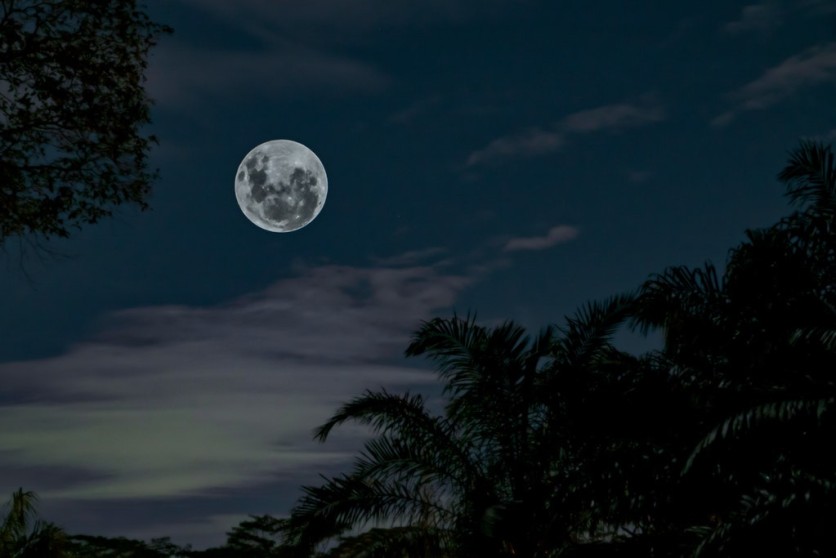
With the upcoming full moon this weekend, which others called 'Snow Moon,' researchers from three universities revealed its connection to sleep deprivation of the people, especially those who stay awake late at night.
If you are one of those night-owls who just cannot fall into sleep, you might be wondering how a distant satellite of our planet may impact your sleeping pattern.
Why Do People Sleep Less At Night Before Snow Moon?
In a report by the Philadelphia Inquirer's Anthony R. Wood, a recent study led to a conclusion that you are sleeping 46 to 58 minutes less than your regular sleeping cycle on nights that lead to the full moon.
In line with this, the researchers also linked the moon which was believed to have an effect on how humans behave like in the case of lycanthropy. This is connected to the previous studies.
Experts from the University of Washington, Yale University, and Argentina's National University of Quilmes have come out with a finding that people underwent oscillation in their 29.5-day lunar cycle.
Furthermore, people tend to get enough sleep in the evening when they choose to delay it, especially to a period when a full moon is nearly approaching.
Horacio de la Iglesia, a Biology professor from the University of Washington, said that sleeping patterns and their duration vary according to the location. The settings, being rural and urban, played an important role in the study.
Specifically, the researchers used college students from Seattle and the Indigenous groups located in the northern part of Argentina for the study. Seattle was home to more than 750,000 people. Moreover, without considering the electricity usage, the variations appeared to be less noticeable for those urban citizens.
Experts used wrist monitors to track the sleeping patterns of 98 subjects from Formosa, a province in Argentina. In addition, the individuals involved in the study lived in three different communities, which all speak Toba Qom, an indigenous language in South America.
Read Also : 105-Year-Old Woman Who Survived Spanish Flu Pandemic Beats COVID-19 by Eating Gin-Soaked Raisins!
In conjunction with this, the three communities have varying electricity access during the course of study. The first community was a rural location that has no access to electricity.
The second community is also under the same classification as the first, but it has only limited access. This community group relies on artificial light for their shelters. The third community was an urban place that has full access to electricity.
To carry out the study, the researchers gathered the data from 75 percent of the Toba people who participated in the test. They acquired the data through the sleeping cycle of the subjects for one to two lunar cycles.
It was revealed that the three communities bore a finding that people on average suffered from short sleep during three to five days before a full moon comes, UW News reported.
Comparing Toba-Qom Participants to Seattle College Students
Apart from the Toba-Qom participants, 464 college students from Seattle were involved in the study. The findings showed participants got the least amount of sleep during the nights before the full moon. They slept late after dusk, a time when there is more natural light in the sky.
"We hypothesize that the patterns we observed are an innate adaptation that allowed our ancestors to take advantage of this natural source of evening light that occurred at a specific time during the lunar cycle," a researcher from UW, Leandro Casiraghi said.
Iglesia ended that artificial light drives us to sleep late in the evening, that is why we are sleeping less than our regular sleeping cycle.
To access the full study, visit Science Advances.
Related Article: Lucid Dreamers Can 'Respond' While Asleep Thanks To The Electrodes Attached To Their Heads
This article is owned by Tech Times.
Written by Joen Coronel
![Apple Watch Series 10 [GPS 42mm]](https://d.techtimes.com/en/full/453899/apple-watch-series-10-gps-42mm.jpg?w=184&h=103&f=9fb3c2ea2db928c663d1d2eadbcb3e52)



